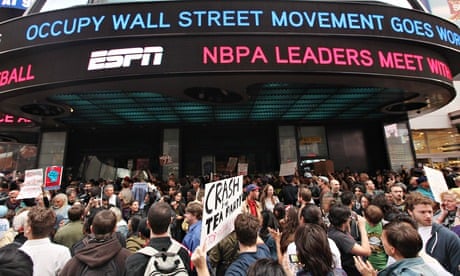The Bruce Highway is closed after an ammonium nitrate tanker explosion. (Supplied: Queensland Police Service)
In short:
Residents living near the scene of a head-on crash on the Bruce Highway are allowed to return home after they were earlier evacuated.
It is the third major crash on the central Queensland highway this week.
What's next?
Road closures are in place, and the train service between Bororen and Iveragh has seen buses organised for affected customers.
Residents of a small central Queensland town have been able to return home after they were earlier evacuated following a fiery truck crash on the Bruce Highway spilled ammonium nitrate on the road triggering an explosion.
Police said 49 residents self-evacuated and a 2.5-kilometre exclusion zone was put in place at Bororen, north of Miriam Vale, this morning.
It was revoked at 5:20pm.
Capricornia District Officer Acting Superintendent Mark Burgess said emergency services remained at the scene of the head-on collision between a B-double tanker and a ute, which happened just after 5am.
The driver of the ute died, while the truck driver is in a stable condition in Bundaberg hospital.
The tanker was carrying 42 tonnes of ammonium nitrate, which triggered an explosion.
Smoke can be seen billowing on the Bruce Highway after a fiery truck crash. (Supplied: Queensland Police Service)
"Just after 9:40am, a blast was heard and felt and there was a visible large cloud of smoke," Superintendent Burgess said.
"Emergency services were able to review the scene by use of a drone that indicated several spot fires along the rail corridor."
He said the blast radius was about 500 metres.
No people or personal property have been damaged in the explosion, although some powerlines are down and there are spot fires along the rail corridor.
Queensland Fire and Rescue said scientific testing, including atmospheric assessment, was underway.
The Bruce Highway is closed in both directions at Bororen. (Supplied: Queensland Ambulance Service)
Support for stranded travellers
Miriam Vale resident Lee Pennell said she heard the explosion.
"There was a huge explosion," she said.
"I live 14 kilometres south of Miriam Vale and our house shook from that explosion."
She said the the caravan parking area in Miriam Vale was starting to fill up and the local CWA had opened a hall in town to help stranded travellers.
Gladstone Council said it was working with emergency services, the SES and Transport and Main Roads to redirect traffic.
Road closures are in place on the highway at the north end of Tannum Sands Road and the south end of Blackmans Gap Road.
"Gladstone Regional Council will prepare the Miriam Vale Community Centre as a place of refuge if required," the council stated.
A Queensland Rail spokesperson said its train service between Bororen and Iveragh was impacted and buses will be organised for affected customers.
Police had set up an exclusion zone around the scene of the explosion on Bruce Highway. (Supplied: Queensland Police Service)
Highway to remain closed for 'extended period'
The Bruce Highway is a 1,679-kilometre critical link along Queensland's east coast from Brisbane to Cairns.
Queensland Ambulance Service acting senior operations supervisor, John Hodson-Gilmore, said the highway will likely be closed for an extended period because of the explosion.
"The Queensland fire department, under the guidance of Queensland Police aerial footage, had decided not to approach the scene," Mr Hodson-Gilmore said in a statement.
"Approximately 15 minutes later … the smaller tanker full of product had actually exploded."
He said the explosion possibly damaged parts of the highway.
"There is significant debris across the highway."
The Bruce Highway is closed in the region for the third time this week. (Supplied: Queensland Ambulance Service)
Third crash in a week
It is the third serious crash involving trucks on the Bruce Highway in the same region this week.
One person died in a five-truck pile-up at Gindoran on Tuesday that closed the highway for almost 24 hours.
On Thursday, a man in his 20s was injured in a truck rollover at Colosseum near Miriam Vale, prompting politicians and trucking industry bodies to call for major upgrades and investments into the highway.
At a press conference today, Premier Steven Miles denied claims funding for the highway had stalled.
"We have $6 billion allocated to projects on the Bruce at the moment, I don't think you can characterise that as stalled," he said.
"Some industry commentators would say that's more than our construction industry can currently sustain so we are investing a lot."
